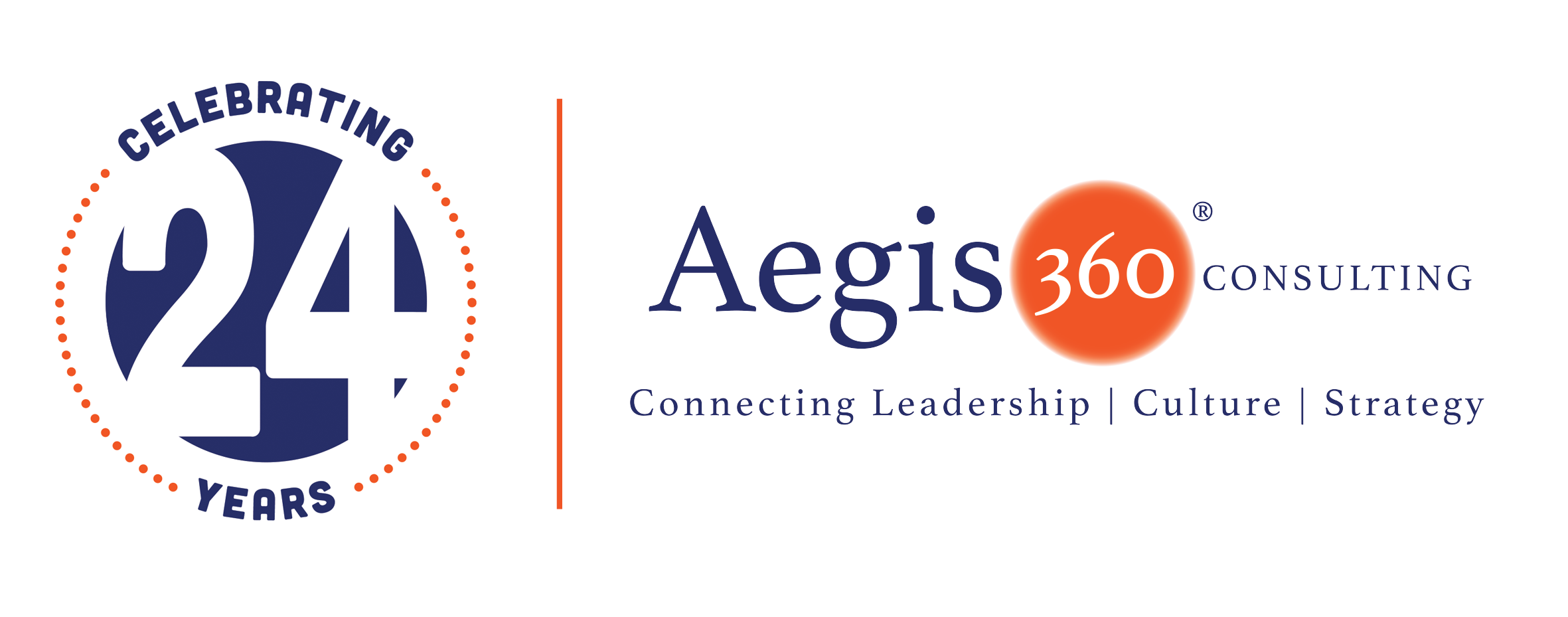From time to time we have a guest blogger. This week our guest is Eric Camulli, Vice President of Marketing and Product Management at 7 Signal in Akron, Ohio.
Meetings. We need them but we hate them. Why? Because we neither know how to run them nor participate in them. As a result, they drain the battery of your organization instead of being an effective and efficient instrument for propelling business success. It’s easy to say that we hate meetings because they are too long, or because they are too many. This is obvious, so let’s dig a little deeper.
There are three main reasons to have a meeting and each is backed by a specific goal:
- Deliver or receive a status
- Collaborate to discover facts and ideas that lead to a decision
- Deliberate facts and ideas to make a decision
Unfortunately, people go into a meeting without one of these three goals firmly planted in their mind. Instead, most meetings try to accomplish all three in one sitting. However, very few people have the patience, stamina or time to participate in all three activities.
Just think about it. How many meetings have you been to where you’ve been asked to listen to a status (or bunch of statuses), then collaborate and brainstorm for ideas and solutions, then rigorously debate the merits of each until a decision is made? It’s exhausting! No wonder why we hate meetings.
To effectively accomplish one of these three objectives is tough enough. Two is difficult, but certainly possible. But all three is a downright torturous waste of time and energy. Worse yet, such meetings generally yield poor decisions due to mental fatigue.
To turn this around takes leadership, and I’m not referring to senior management. Any person who calls a meeting can be a leader. It doesn’t matter who you are or what level you are in the organization. Great meeting leaders accomplish more because they are focused on “The Three”, which demonstrates how much they value everyone’s time. They quickly gain the respect of their peers because of this, hence set themselves up for an even more focused, more productive meeting with even greater participation the next time.
Now, it’s certainly possible to do two out of three. For example, collaborate, then decide. Or perhaps get status reports, then decide. Or even give status updates, then collaborate. But to push it any further runs the risk of damaging productivity — not to mention killing morale and sucking the vitality out of your team.
Different personalities attending your meeting appreciate this approach too. For example, the quick, high-energy people in your meeting will appreciate the focus and brevity. The more cautious and analytical attendees will value the deliberative approach toward sound decision-making.
So, why do we hate meetings? Because we typically go around the room with status reports, toss out issues and challenges, discuss possible solutions, debate said solutions, then reach a final decision. We say we are going to do this in an hour, which turns into an hour and thirty minutes. Everybody says they are on board and bought-in, but they’re not. And by the end of the meeting, folks are mentally and physically drained.
So the next time you call a meeting, try this new approach. Stay focused on only one or two of the three and see what happens. My bet is on increased productivity, greater respect and better business outcomes.
